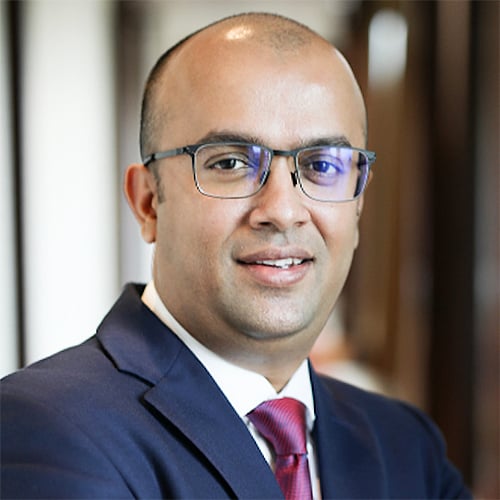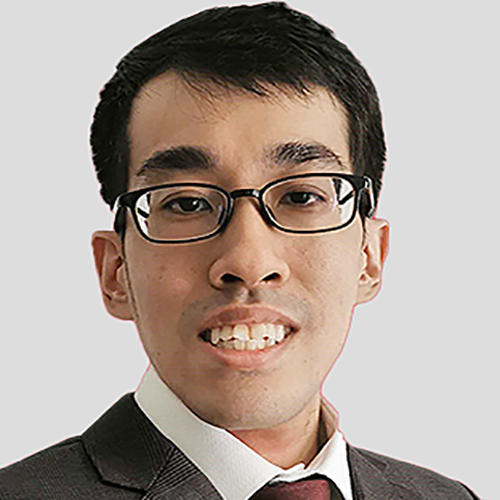Brazilian Development Bank BNDES has received US$156 million from the New Development Bank (NDB) to on-lend to two renewable energy projects.
The funding comes from a US$300 million facility signed in April 2017. The two new projects being supported are the 326.7MW Campo Largo I wind complex, and the 120MW Pirapora I solar facility. Both are also getting direct loans from the BNDES balance sheet.
Back in April 2017 the NDB and BNDES signed a US$300 million loan agreement to help develop the renewable energy sector in Brazil. The loan was put in place to facilitate sustainable development of the energy infrastructure within Brazil through investments in at least five renewable energy and associated transmission projects.
Part of the loan was earmarked for the purpose of on-lending by BNDES to projects by way of debentures. This would assist BNDES in its efforts to develop an alternative financing source for renewable energy projects, and facilitate further development of secondary markets for infrastructure financial instruments.
Campo Largo I, which is owned by Engie Brasil Energia, is receiving two US$95 million loans to help develop eleven wind farms in the state of Bahia.
The Campo Largo 1 site is currently under construction, and will begin commercial operations in January 2019, using GE turbines. In February 2018 GE Renewable Energy announced it had signed an agreement with Engie to supply 144 of its 2.5MW turbines for the Umburanas Wind Farm Complex in upstate Bahia, Brazil. This 360MW wind installment will add to the 326.7MW of power being developed at the neighboring Campo Largo I wind farm, also owned by Engie.
"Together, these two wind farms represent our largest volume of turbines in a single cluster in Brazil. It's a great honor to be working with Engie and to continue to grow the wind capacity together and increase the wind energy footprint in Brazil," says Vikas Anand, general manager, GE's Onshore Wind Business, Americas.
Engie is active in about 70 countries, employs 150,000 people worldwide. It is listed on the Paris and Brussels stock exchanges. In Brazil, Engie is the largest private producer of power, operating an installed capacity of 11,059 MW in 31 power plants and accounting for roughly 6% of the country's capacity. The Group has 90% of its installed capacity in Brazil coming from clean, renewable sources and with low emissions of greenhouse gases, a position reinforced by the construction of new wind farms in the Northeast and by one of the largest hydropower plants in Brazil, Jirau (3,750 MW), located on the Madeira river and inaugurated in December 2016.
Pirapora was developed by Canadian Solar. In October 2016, EDF Energies Nouvelles acquired 80% of the project, which is located in Brazil's Minas Gerais state. It has received two loans totaling US$163 million to develop four solar farms in the state of Minas Gerais state. The NDB loan totals US$61 million.
In August this year, Brazilian renewable energy company, Omega Geracao (Omega), signed an agreement to acquire a 50% stake in Pirapora, for US$283 million. Omega is acquiring a 30% stake from EDF Energies Nouvelles' subsidiary EDF EN do Brasil, and the entire 20% stake owned by Canadian Solar.
Upon completion of the transaction, Omega and EDF Renewables will equally own Pirapora complex and will jointly manage the solar power facility.
The New Development Bank is a multilateral development bank created by the BRICS countries - Brazil, Russia, India, China and South Africa. It was established with an objective of financing infrastructure and sustainable development projects in its member countries. The Bank will support the efforts of other financial institutions and establish a network of global, regional and local partnerships with multilateral and national development banks as well as other institutions and market players.









